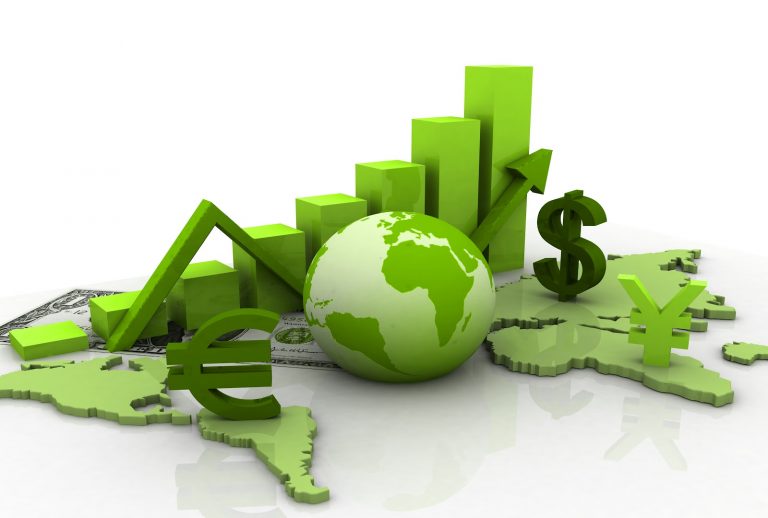Why does Green Economy Matter?

An Inclusive Green Economy is an alternative to today’s dominant economic model, which generates widespread environmental and health risks, encourages wasteful consumption and production, drives ecological and resource scarcities and results in inequality. It is an opportunity to advance both sustainability and social equity as functions of a stable and prosperous financial system within the contours of a finite and fragile planet. It is a pathway towards achieving the 2030 Agenda for Sustainable Development, eradicating poverty while safeguarding the ecological thresholds, which underpin human health, well-being, and development.
End poverty in all its forms everywhere:
A sustainably managed environment is a prerequisite for socio-economic development and poverty reduction. The natural environment supplies ecosystem goods and services that provide income, support job creation, poverty alleviation, contribute to safety nets and reduce inequity.
Climate change and exposure to natural disasters threaten to derail efforts to eradicate poverty. A great bulk of the world’s poorest and most vulnerable citizens live in disaster prone countries and their number keeps increasing. Those groups are disproportionally affected by shocks and stresses. As temperatures rise, the likelihood and severity of climate-related disasters increase affecting lives and livelihoods, hampering the development efforts and reversing gains made in poverty reduction.
